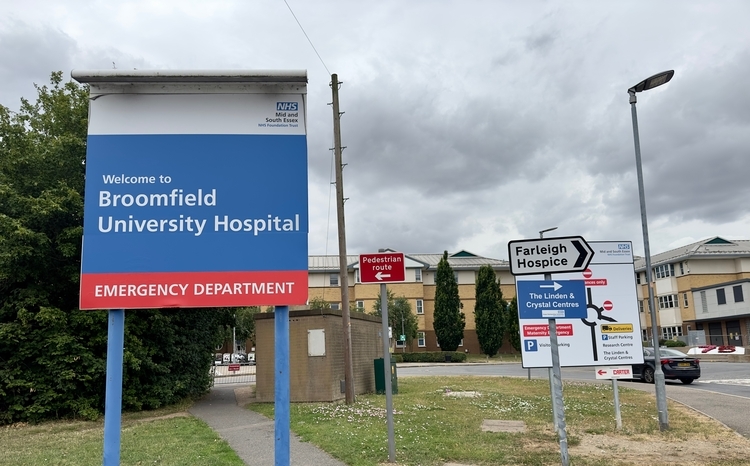Brighton’s Alert roll-out revised
- 1 September 2014

Brighton and Sussex University Hospitals NHS Trust has revised its deployment of the Alert electronic patient record system to focus on “a core set of functionality”, following issues related to the trust’s internal pathology and reporting components.
The problems have caused a six-month delay to the roll-out of Alert in the A&E department of the trust’s Princess Royal Hospital, as the trust has had to “carefully design and test” data extract reports and further develop the interface between Alert and its own laboratory system for pathology.
The trust went live with the EPR in the Sussex Eye Hospital’s A&E department last November, but EPR programme board minutes at the time revealed it was “touch and go” due to several severity one issues described as “showstoppers to go-live”.
Since then, the trust has worked on improvements in the eye hospital and had a successful go-live of its radiology electronic ordering module in July.
However, the trust was due to deploy Alert in Princess Royal’s A&E department on 14 April this year, but a paper from the trust board’s March meeting said the issues with pathology and reporting meant the earliest possible go live date would be July 14.
The A&E go-live date was later pushed back to the end of September, with a July board paper noting that “risks around the completion of the pathology and reporting work remain, but both are being monitored carefully”.
An April board paper said that the trust had started re-planning work on the EPR programme to reflect a “revised approach” to its deployment of Alert, following the delay.
“Two new projects are being formed for inpatients and outpatients focussing on a core set of functionality as close to default Alert content as possible.”
The trust’s EPR programme manager, Judith Steen, told EHI the trust is now planning to go live in Princess Royal sometime in October.
Steen said the reporting issues were due to the need to “carefully design and test” extract reports for the Department of Health, as well as writing 50 mandatory indicator reports “from scratch”.
Delays with pathology were due to the need to build the interface between Alert and the trust’s own laboratory system while balancing the EPR programme requirements with the department’s usual activity, she said.
Steen said the decision to revise the EPR programme came following the delay, with the trust deciding to focus on rolling out a “basic set” of functionality to outpatients and inpatients clinics.
“Every time you customise something it puts delays in the process, so by giving people the default as much as we can, we can get the system up and operational as fast as possible and then go back [to improve customisation].”
An “early adopter” elderly outpatient clinic at the Royal Sussex County Hospital became the first to go live with Alert’s outpatient module at the end of July.
Steen said the go live is “a big step forward” for the trust, after it had put significant work into improving the integration between Alert and the trust’s existing Oasis patient administration system.
The trust is now looking to roll out the outpatient module to further clinics, with plans to deploy it in more elderly clinics at Royal Sussex County and at a first outpatient clinic at the Princess Royal.
Steen said the trust will deploy Alert in the Royal Sussex County’s A&E department once the Princess Royal A&E go live is completed.
Beki Ruban, Alert’s UK director of operations and business development, told EHI that “internal trust issues and the definition of both reporting and pathology requirements and processes by the trust” are responsible for the delay in implementation.
Ruban said the trust decided to roll out core functionality “for expediency” due to the delays, with the EPR to be enhanced over time as part of a future implementation plan.
“In a complex organisation the size of Brighton, it is to be expected that some impact on the original plan would be experienced due to those local operational and service complexities.
“The trust and Alert have always been cognisant of this and are realistic and practical in their joint approach to onward implementation.”
Ruban said the recent implementation of the outpatient module and the enthusiasm that the trust has shown towards the system “makes us very positive for the future”.




